Which Salah Can You Combine? Understanding When It's Allowed
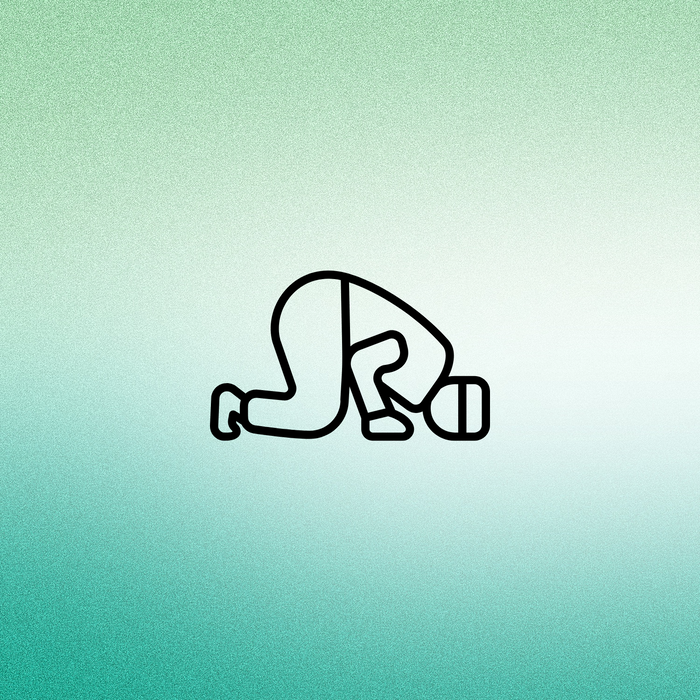
As Muslims, Salah structures our daily lives and connects our hearts deeply to Allah (SWT). However, certain life circumstances arise where performing each Salah at its designated time can become challenging. Alhamdulillah, Islam provides flexibility, allowing specific prayers to be combined under particular conditions. Let's explore clearly and simply when and how this is permissible.
When is Combining Salah Allowed?
Islamic scholars agree that combining certain prayers is allowed under specific situations. The following are the primary cases when combining Salah is permissible:
1. While Travelling (Safar)
When you're travelling a distance generally recognised by scholars (approximately 48 miles or 77 kilometres and above), it is permissible—and often encouraged—to combine prayers to ease your journey. Typically, you can combine:
-
Dhuhr with Asr
-
Maghrib with Isha
Fajr cannot be combined with any other prayer.

2. Illness or Health Conditions
If illness or a medical condition makes it difficult for you to pray each Salah individually, scholars permit combining prayers to ease hardship. For example:
-
Chronic illness that makes constant ablution or movement difficult.
-
Severe pain or fatigue that restricts regular prayer times.
Under these circumstances, combining Dhuhr with Asr, and Maghrib with Isha, is permissible.
3. Extreme Weather Conditions
Severe weather conditions like heavy rain, extreme cold, or snow are valid reasons to combine prayers. This especially applies when praying in congregation at the mosque becomes significantly challenging.
Again, this applies specifically to:
-
Dhuhr and Asr
-
Maghrib and Isha
4. Genuine Fear or Safety Concerns
In situations of genuine danger, fear, or insecurity—such as war, emergencies, or natural disasters—it is permissible to combine prayers to ensure personal safety and well-being.
Which Prayers Can Be Combined?
It’s important to clearly understand which prayers you can combine. There are two permissible combinations:
-
Dhuhr and Asr: These can be prayed either at the time of Dhuhr (early combination) or the time of Asr (late combination).
-
Maghrib and Isha: Likewise, you can combine these at Maghrib time (early) or at Isha time (late).
Note: Fajr prayer always stands alone and cannot be combined with any other Salah.
How to Perform Combined Salah
When combining prayers, each prayer should be prayed fully with their respective Rak’ahs intact:
-
Dhuhr (4 Rak’ahs) + Asr (4 Rak’ahs)
-
Maghrib (3 Rak’ahs) + Isha (4 Rak’ahs)
Perform each prayer separately, with a brief pause between them, but within the same timeframe.
Can You Combine Salah Regularly?
Combining prayers is an allowance provided by Allah (SWT) out of mercy, not something to be regularly practiced without valid reasons. Regularly combining prayers without valid conditions is not permissible.
If you are unsure, always consult your local scholar or Imam for personalised advice.
Making Salah Easier with My Salah Mat
At My Salah Mat, we strive to support Muslims of all ages and situations, helping adults and children pray comfortably and confidently. Our interactive prayer mats guide you through each step, ensuring you maintain correct posture, recitation, and focus, even when combining prayers becomes necessary.
-
Interactive Kids Prayer Mat: Makes learning Salah simple, fun, and engaging for children.
-
Adult Interactive Prayer Mat: Ideal for adults, reverts, or those perfecting their prayers, guiding each step gently and clearly.
Whether combining Salah occasionally due to travel, illness, or challenging circumstances, our mats ensure that each moment in prayer remains deeply meaningful and properly performed.
May Allah (SWT) make it easy for us all, accepting our Salah and guiding us in every step of our spiritual journeys. Ameen.








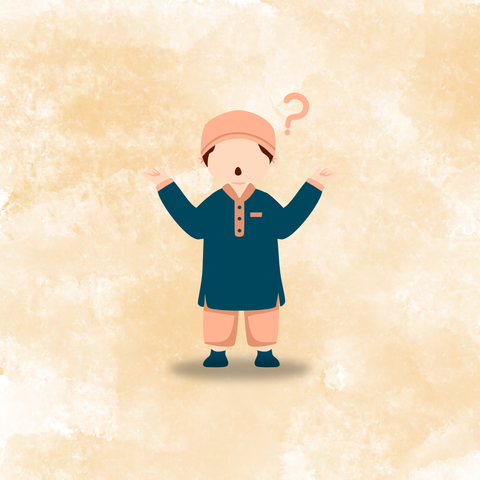

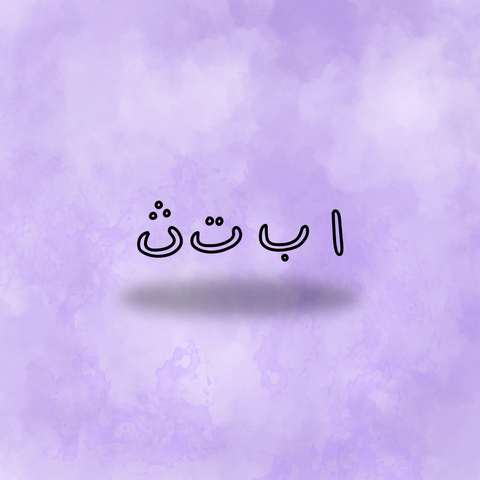

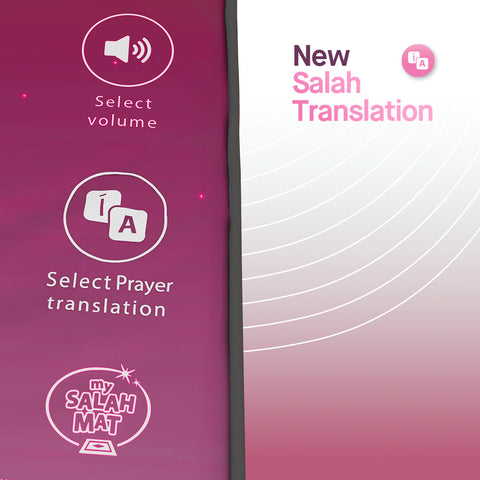


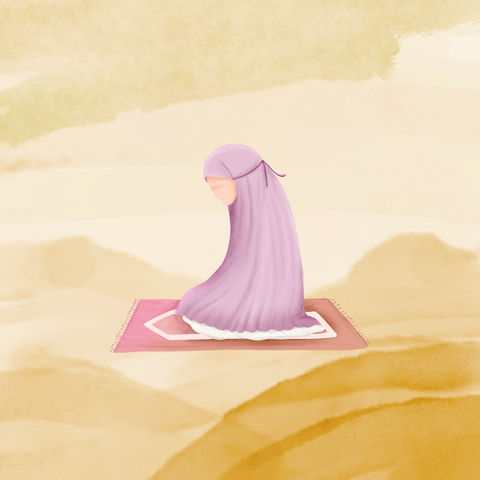
 Liquid error (snippets/@AlternatingContentX line 127): Could not find asset snippets/CustomTexts-.liquid
Liquid error (snippets/@AlternatingContentX line 127): Could not find asset snippets/CustomTexts-.liquid